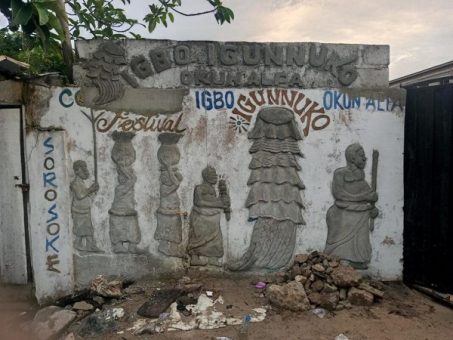The Federal Government’s initiative to transition Nigeria’s vehicle transportation industry from petrol to compressed natural gas (CNG) has encountered major setbacks, largely due to infrastructural deficiencies and product scarcity. Initially met with enthusiasm, the program is now drawing frustration from both users and investors who cite a severe shortage of CNG supply and refill stations across the country.
Stakeholders lament that in many states, the CNG scheme is virtually non-existent. Even in areas with some infrastructure—such as conversion kits, CNG-ready vehicles, and stations—the level of activity is either skeletal or completely inactive. This has led many commercial and private vehicle owners to revert to petrol, especially given the relative abundance of petrol across Nigeria.
In Abuja and its surrounding areas, for instance, there are only 11 CNG stations, of which just three are reliably functional. Comparatively, the Abuja-Keffi road alone hosts more than 49 petrol stations, yet has just one CNG station, which is currently non-operational. Many drivers, including those operating heavy-duty trucks, spend as many as six days in queues just to refill. In Lagos, several stations in areas such as Ikeja, Mushin, and Apapa have run out of CNG, leaving users stranded.
While the Federal Government has made efforts to support the initiative—such as removing VAT on CNG equipment, offering free conversion for one million commercial vehicles, and directing all MDAs to purchase CNG vehicles—implementation gaps remain. Reports indicate delays in licensing new CNG stations and a shortage of conversion kits at approved outlets.
Users allege sabotage from certain stakeholders within the downstream petroleum sector who benefit from petrol importation. Some commercial drivers believe regulatory delays are deliberate, aimed at stalling the shift to gas in order to preserve petrol-related profits.
In regions like the South-East and South-South, progress has been minimal. While states like Enugu and Ebonyi have started acquiring CNG buses, actual operations have not commenced. Anambra, despite housing Innoson Vehicle Manufacturing Company—which produces CNG vehicles—has not seen widespread adoption, partly due to the lack of state-level support. Other states, such as Abia and Bayelsa, have shown either reluctance or complete disinterest in adopting the scheme. Abia plans to launch electric buses instead, while Bayelsa remains disengaged from the program altogether.
Meanwhile, in Nasarawa, the only CNG station along the Abuja-Keffi route is not functioning, and most motorists have cited lack of conversion centers and access to gas as reasons for not adopting the alternative fuel.
Overall, while the CNG initiative remains a strategic response to Nigeria’s fuel subsidy removal and rising petrol costs, the nationwide implementation is faltering. Without urgent infrastructural expansion, regulatory support, and adequate supply chains, the promise of cost-effective and cleaner transportation through CNG remains largely unfulfilled.



